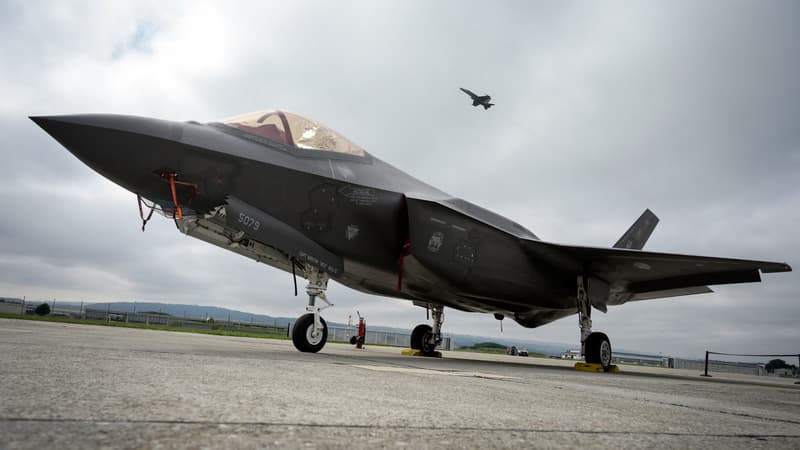The case is far from closed. According to a survey carried out by Tamedia/20 Minuten in collaboration with the LeeWas institute, the majority of Swiss people are against the acquisition of the F-35 fighter jet from the American giant Lockheed Martin.
Broadcast by the Swiss press, including 24 Heures (Tamedia group), the survey reveals that 27% of respondents declare themselves in favor of examining another type of combat aircraft, while 25% advocate a complete cancellation of the acquisition procedure. In total, 52% of Swiss people no longer want the American plane.
Among the other proposals in the survey, 23% believe that fewer aircraft should be purchased so as not to exceed the initial price of 6 billion Swiss francs (about 6.4 billion euros), 18% believe that additional costs should be paid for by a “message on the army” (a decision by Parliament without a popular vote). Only 5% are in favor of organizing a popular vote on additional costs.
Opinions vary by age group: 32% of people between 18 and 34 say they are against the purchase, while only 18% of those over 65 believe so. On the contrary, 33% of those over 65 years of age are in favor of a reduction in the fleet, compared to 15% of those between 18 and 34 years of age.
A budget headache
In fact, the Swiss Government will pay more than expected for its 36 F-35As: according to the latest estimates of the Federal Council, the initial allocation of 6 billion Swiss francs should increase by 650 million more, up to 1.3 billion. Switzerland, which demanded to remain on the fixed price, had to give in to the American giant and will therefore have to bear the additional costs related to inflation.
At a press conference last August, Federal Minister Martin Pfister listed several solutions to reduce costs: reducing orders, increasing compensation (industrial benefits for Switzerland), financing through a “parliamentary credit”.
He also recalled that the objective is to remain “within the limits” of the budget allocation set during the purchase decision, which was also the subject of a vote in 2020 and which had only been approved by a very narrow majority by the Swiss.
Currently a working group is working on the recommendations developed in 2017 related to the protection of the country’s air; You should determine whether current items are still relevant or whether it would be possible to reevaluate purchasing objectives and priorities. The conclusions must be delivered at the end of November.
In addition to having to bear additional inflation-related costs for this procurement program, Switzerland is also subject to customs duties imposed by the Trump administration, the 39% rate of which, which came into effect on August 7, has a negative impact on important sectors of the Swiss economy, such as gold refining, watchmaking or chocolate.
Source: BFM TV


